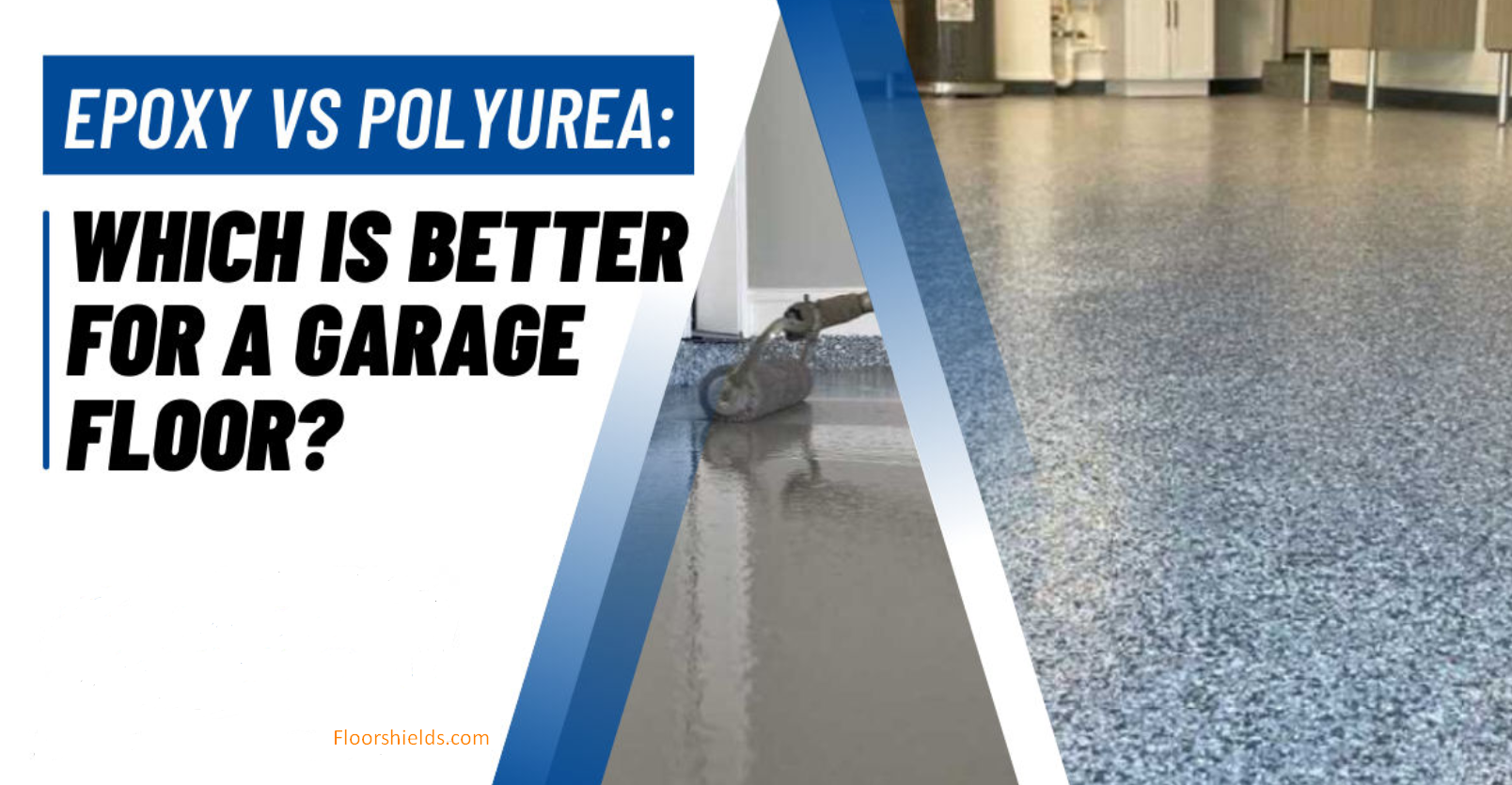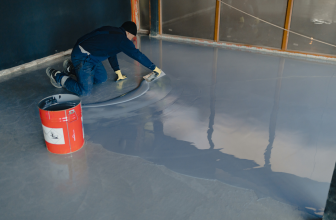Polyurea vs Epoxy: Which Is Better for Garage Floors?

A garage floor is not just a utilitarian surface; it is a foundation for many activities, from parking vehicles to housing workshops and storage space. With the wear and tear it endures, selecting the right type of coating becomes crucial for durability, aesthetics, and functionality. Two prominent contenders have emerged in garage floor coatings: epoxy and polyurea. Both offer distinct advantages, but understanding their characteristics, benefits, and drawbacks is essential to make an informed decision. This article delves into garage floor coatings, pitting epoxy against polyurea in a comprehensive comparison to help you choose the best option for your specific needs.
Table of Contents
Polyurea vs Epoxy: Which Is Better for Garage Floors?
When choosing the ideal coating for garage floors, the debate between polyurea and epoxy remains at the forefront. Both options offer distinct advantages, making the decision a matter of priorities and specific requirements. Polyurea coatings excel in rapid curing, extreme durability, and superior resistance to UV light, making them a compelling choice for those seeking a robust, low-maintenance solution that can withstand heavy use and outdoor conditions. On the other hand, epoxy coatings showcase exceptional aesthetics with a glossy finish that enhances the garage’s appearance. While epoxy requires more time for proper installation and curing, it offers a durable protective layer against stains and chemicals.
Epoxy Garage Floor Coatings
- Durability and Longevity: Epoxy coatings are renowned for their exceptional durability, making them an ideal choice for high-traffic areas like garages. They form a tough, protective layer that resists stains, chemicals, impacts, and abrasions, ensuring your garage floor remains pristine for years.
- Aesthetic Appeal: Epoxy coatings offer a glossy and smooth finish that can instantly elevate the appearance of your garage. With a range of color options and the possibility of adding decorative flakes or metallic pigments, epoxy allows for creative customization to reflect your style.
- Application Process: Applying epoxy coatings typically involves multiple steps, including surface preparation, primer application, epoxy coat(s), and a topcoat for added protection and gloss. While DIY kits are available, professional installation is recommended for optimal results and longevity.
- Cure Time: Epoxy coatings require adequate curing time, ranging from a few days to a week, depending on temperature and humidity. The garage should remain unused during this period to ensure the coating sets properly.
- Vulnerability to UV Light: One notable drawback of epoxy coatings is their vulnerability to UV light. Over time, exposure to sunlight can cause the epoxy to yellow and degrade, leading to a compromised aesthetic and diminished durability.
Polyurea Garage Floor Coatings
- Rapid Cure Time: Polyurea coatings are revered for their rapid curing process. They can be applied and cured within a day, drastically reducing downtime and allowing you to use your garage sooner.
- Extreme Durability: Polyurea coatings are exceptionally tough and flexible, resistant to chemicals, impacts, abrasions, and extreme temperature fluctuations. This robustness ensures that your garage floor remains resilient in heavy use and harsh conditions.
- UV Resistance: Unlike epoxy, polyurea coatings boast superior resistance to UV light, making them an excellent choice for outdoor applications or garages with ample natural light exposure. The coating maintains its color and structural integrity over time.
- Seamless Application: Polyurea coatings can be applied seamlessly in a single coat, conforming to the contours of your garage floor and creating a uniform surface without joints or seams.
- Professional Installation: Due to the specialized equipment and expertise required, professionals typically install polyurea coatings. While the initial cost may be higher, the long-term benefits of durability and time savings can outweigh the investment.
Choosing the Right Coating for Garage Floor
Selecting between epoxy and polyurea garage floor coatings ultimately hinges on your priorities and preferences. If you prioritize a glossy finish and are willing to invest time in installation and curing, epoxy coatings may be your choice. On the other hand, if you seek rapid installation, exceptional durability, and UV resistance, polyurea coatings might be the optimal solution.
Conclusion
In conclusion, the decision between garage floor epoxy and polyurea coatings boils down to aesthetics, durability, installation time, and long-term maintenance. Consulting with professionals and assessing your requirements will guide you toward making an informed choice that aligns with your vision for your garage space. Whichever option you choose, the result will be a fortified and visually appealing garage floor that withstands the test of time and serves as a functional canvas for your automotive and creative endeavors.








